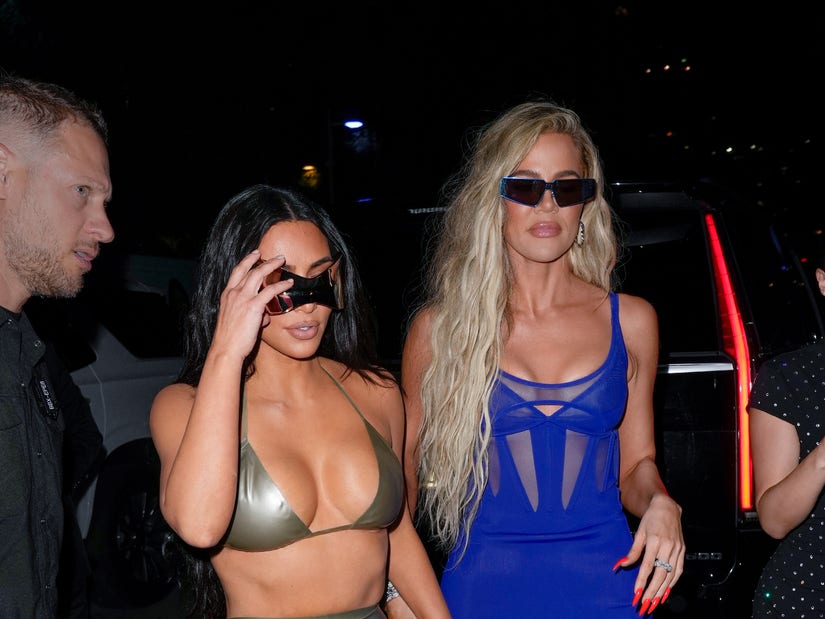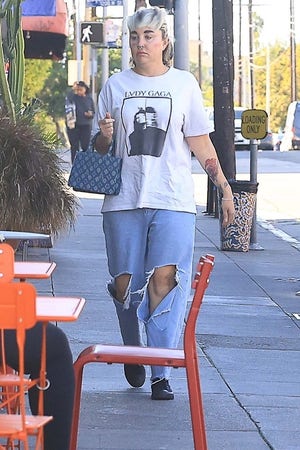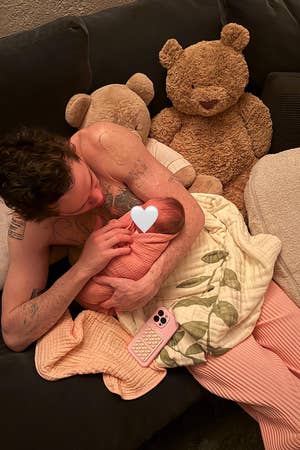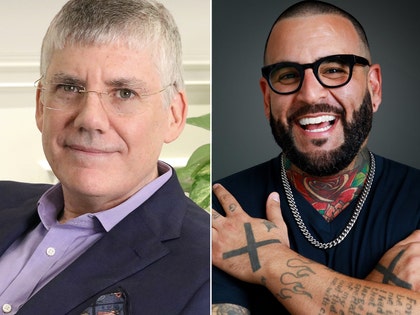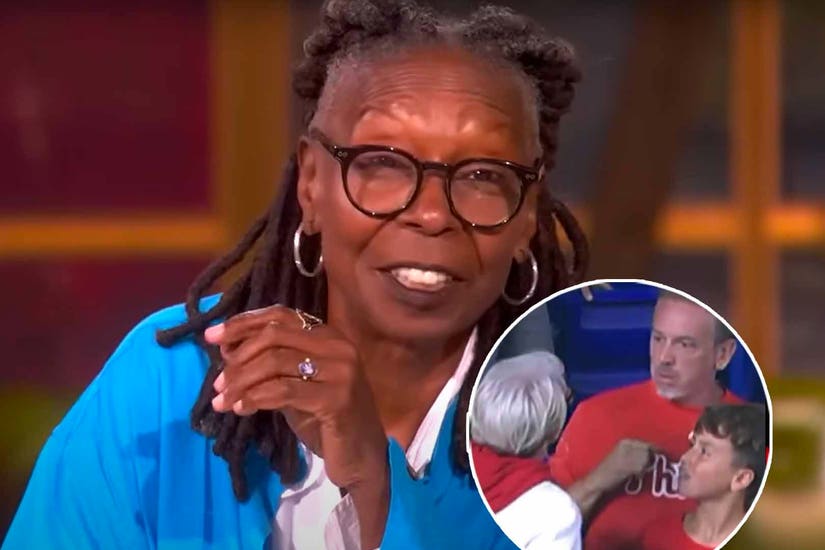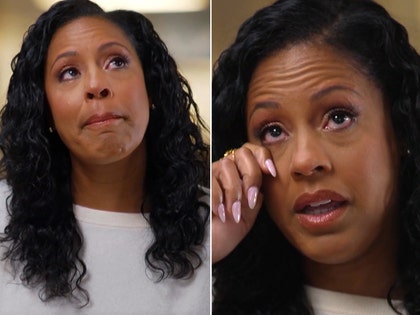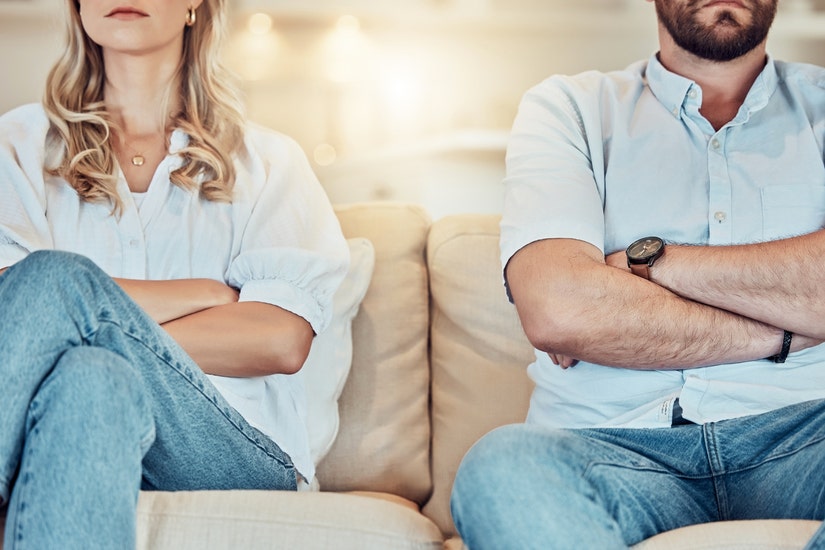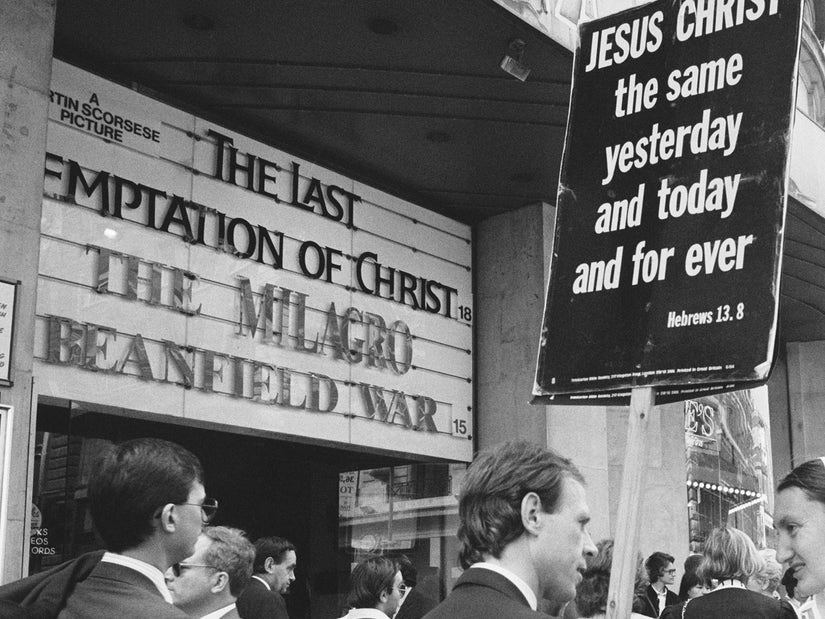 Getty
Getty
There's a lot that Netflix users won't be watching in Singapore!
Netflix may be a huge proponent of free speech but since it began streaming in 2007, there have been nine cases where the company has been forced to pull a film or show from their lineup. While banning content from the platform may seem controversial, the takedown requests all stem from demands directly from the government.
"We offer creators the ability to reach audiences all around the world. In some cases we've also been forced to remove specific titles or episodes of titles in specific countries due to government takedown demands," Netflix revealed in their Environmental Social Governance report in 2019.
Netflix has most notably been asked to take down content on five different occasions in Singapore alone, in part due to their strict laws surrounding drugs. Other countries that have issued takedown notices include Germany, Saudi Arabia and New Zealand — while the US has allowed Netflix's entire catalog to continue streaming.
Read on to find out which films and shows have been removed from Netflix…
 Getty
Getty
13 Famous Couples You Probably Had No Idea Dated
View Story1. "The Last Hangover"
After premiering in 2018, "The Last Hangover" was banned from Netflix in Singapore after a written demand from the Singapore Infocomm Media Development Authority (IMDA). The controversial Brazilian film is a spoof of "The Hangover" and follows the apostles as they search for a missing Jesus following a night of hard partying at the Last Supper.
The film was also initially banned in Brazil but the matter was taken to the country's Supreme Court where it was ruled that the ban would be overturned thanks to Brazilians' free speech rights.
2. "Patriot Act with Hasan Minhaj"
In 2019, an episode from Hasan Minhaj's "Patriot Act" series was banned in Saudi Arabia following a complaint from the Saudi Communication and Information Technology Commission. The episode, titled "Saudi Arabia," was critical of government officials' response to the murder of US journalist Jamal Khashoggi. It was said to violate anti-cybercrime law, which prohibits the "production, preparation, transmission or storage of material impinging on public order, religious values, public morals and privacy."
"We strongly support artistic freedom worldwide and only removed this episode in Saudi Arabia after we had received a valid legal demand — and to comply with local law," Netflix said in a statement at the time.
3. "The Last Temptation of Christ"
"The Last Temptation of Christ" may have been released in 1988 but it was only recently banned on Netflix in Singapore. The film, which was directed by Martin Scorsese, stars Willem Dafoe as Jesus and follows the struggles he faces as the savior of mankind while envisioning a more ordinary life married to Mary Magdalene. The IMDA requested that the movie be removed from Netflix as the film had been banned in the country since its release.
4. "Cooking on High"
"Cooking on High" became another Netflix offering to be banned in Singapore in 2018. The series, which is one of the first-ever competitive cannabis cooking shows, did not align with the country's very strict laws surrounding drugs.
"Singapore has a zero-tolerance stance against drugs. The content code serves to protect the young from unsuitable content (including inappropriate content that glorifies or encourages drug and substance abuse), maintain community norms and values, and safeguard public interests, while allowing adults to make informed choices," IMDA said in a statement.
5. "Disjointed"
Shortly after "Cooking On High" was banned, the IMDA requested that "The Legend of 420" also be removed from the streaming platform. The comedy series, which stars Kathy Bates, follows a longtime cannabis activist who gets to live out her dreams of running a medical marijuana dispensary in Los Angeles.
6. "The Legend of 420"
Unsurprisingly, "The Legend of 420" was also removed from Netflix in Singapore due to the nature of its content. The documentary follows the progression of the expanding cannabis industry, including how society now perceives the drug and the push to decriminalize its use.
7. "Full Metal Jacket"
In 2017, Stanley Kubrick's "Full Metal Jacket" was banned from Netflix in Vietnam. The film, which was released in 1987, follows the trials and tribulations of a group of soldiers as they go through brutal basic training and are sent to Vietnam to fight in the war. The Vietnamese Authority of Broadcasting and Electronic Information (ABEI) asked that the film be removed, most likely due to the sensitive nature of the war and how Vietnam is portrayed.
8. "Night of the Living Dead"
That same year, the 1990 remake of "Night of the Living Dead" was banned in Germany. The horror flick takes place as a group of the recently deceased begin rising from the grave as flesh-hungry zombies. A small group of survivors are then forced to sequester themselves in a remote farmhouse as they try to figure out their fate. While it's not clear why the film was banned, Netflix obliged the request from the German Commission for Youth Protection (KJM).
9. "The Bridge"
In 2014, "The Bridge" was banned in New Zealand. The haunting documentary focuses on the large number of suicides that occur on San Francisco's Golden Gate Bridge each year. Following its addition to the streaming service, the New Zealand Film and Video Labeling Body asked for it to be removed as it was deemed "objectionable" in the country.

